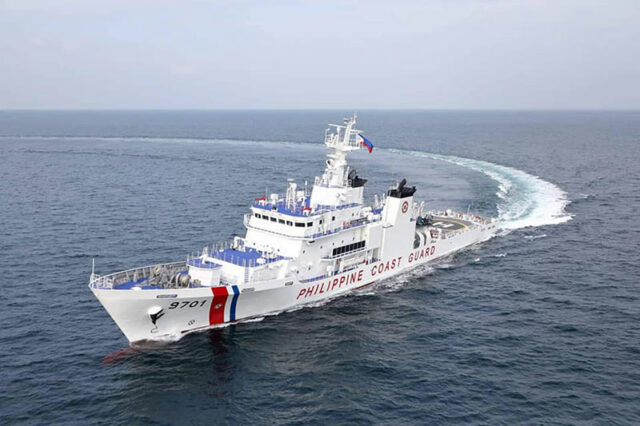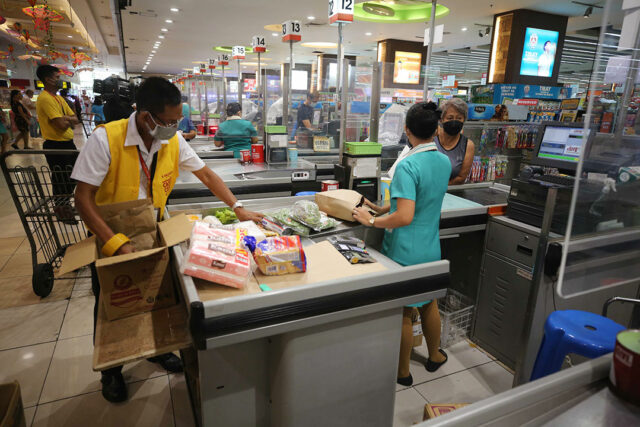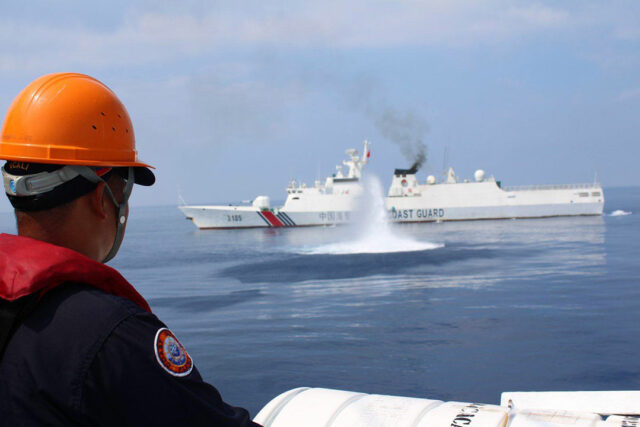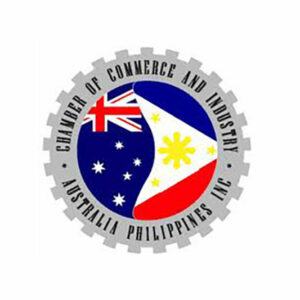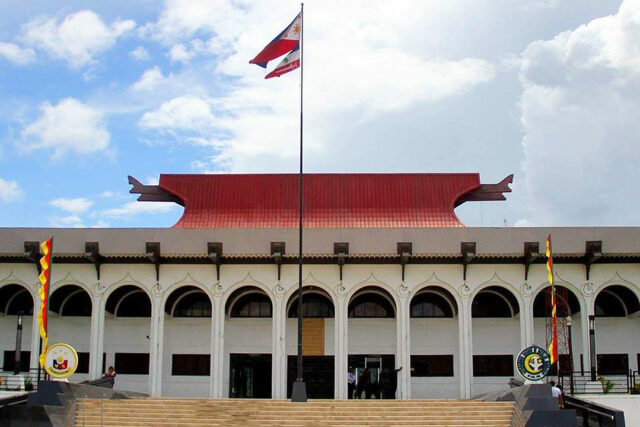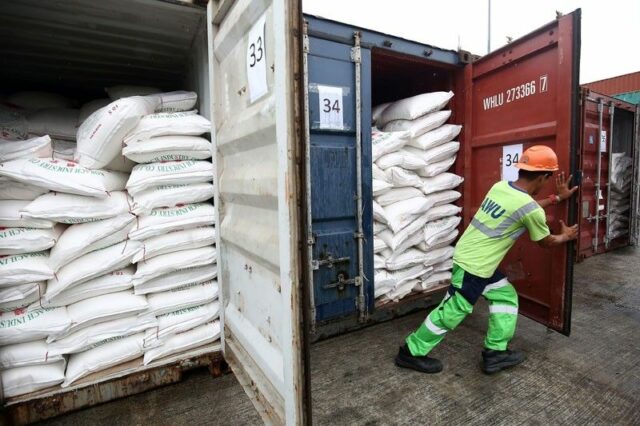PAGCOR tax treatment
Imagine a world where the rules of the game are crystal clear. In December, the Bureau of Internal Revenue (BIR) took a huge step to clarify the tax treatment of the Philippine Amusement and Gaming Corp. (PAGCOR), including its Contractees and Licensees, when it issued Revenue Memorandum Circular (RMC) No. 132-2024.
Building on past issuances (under RMC Nos. 33-2013 and 32-2022) and Supreme Court rulings, the BIR’s latest guidelines aim to untangle the complexities of PAGCOR’s diverse income streams and their tax treatment. Whether gaming operations or non-gaming operations, for both contractees or licensees, the RMC aims to streamline compliance and eliminate the long-standing ambiguities that may have produced multiple interpretations.
In general, PAGCOR’s income can be classified into the following: (1) income from operations under PAGCOR’s franchise/gaming operations; and (2) income from other related operations/services or from non-gaming operations. Income from gaming operations is derived from issuing and/or granting licenses to operate casinos, gaming clubs, and other similar recreation or amusement places, gaming pools, to PAGCOR Contractees and Licensees, as well as earnings derived by PAGCOR from its own operations under its franchise. Such income includes income from casino operations, dollar pit operations, regular bingo operations, and mobile bingo operations operated by it, with agents on commission basis.
On the other hand, income from other related operations/services or from non-gaming operations pertains to income from the operation of necessary and related services, shows and entertainment.
PAGCOR’s income from its franchise/gaming operations is subject to 5% franchise tax, in lieu of all taxes, including value-added tax (VAT). Conversely, income from related operations/services or from non-gaming operations is subject to the regular corporate income tax, VAT and other applicable taxes.
Now, to the curious, why is there a need to set out these clarifications? At first reading, RMC No. 132-2024 may seem to only reinforces the implementation of the 5% franchise tax on gaming operations. However, after reading through the previous issuances and the related SC cases, several differences can be noted.
Backtracking to 2022, the BIR issued RMC No. 32-2022 stating that regulatory/license fees were considered income from “other related operations/services.” In RMC No. 132-2024, the BIR clarified that “gaming operations” include the granting of licenses to operate casinos, gaming clubs, etc. Regulatory/license fees received by PAGCOR from its Licensees are to be considered income from PAGCOR’s operations under its franchise or gaming operations.
Moreover, in the 2022 RMC, PAGCOR’s tax exemption extends only to those that have contracted with PAGCOR in connection with PAGCOR’s gaming operations. This effectively excluded PAGCOR Licensees, resulting in their revenue from gaming operations being considered subject to VAT. This is contrary to a 2021 SC decision that affirmed that the tax exemption under Section 13(2)(b) of Presidential Decree No. 1869 (or the PAGCOR Charter) extends to both Contractees and Licensees of PAGCOR. Following the hierarchy of laws, the 2022 RMC should have followed the 2021 SC decision.
Although a few years late, RMC No. 132-2024 has finally clarified that income derived from gaming operations by both Contractees and Licensees is subject to the 5% franchise tax, in lieu of all taxes, including VAT. Moreover, similar to PAGCOR, the income of the Contractees and Licensees from related operations/services or from non-gaming operations is subject to corporate income tax and VAT. Any circular inconsistent with this 2024 RMC is amended, modified, or revoked accordingly. This means that moving forward, any conflicting provisions in the 2022 RMC are no longer applicable. However, it may be worth revisiting if a prospective application of RMC 132-2024 is sufficient, considering that the SC had already ruled on the matter as early as 2021.
With the applicability of the 5% franchise tax, for PAGCOR’s Licensees located in Ecozones/Freeports, the Special Corporate Income Tax (SCIT), Income Tax Holiday (ITH), or corporate income tax, no longer applies to income from gaming operations. The incentives granted by the concerned Investment Promotion Agency (IPA) will only apply to their income from other related services/operations or non-gaming operations that are covered by their registration with the IPA. For a PAGCOR Licensee electing to pay 5% SCIT, its income from other related services/operations or non-gaming operations is exempt from regular corporate income tax and VAT. For a PAGCOR Licensee enjoying an ITH, such income is exempt from corporate income tax, but is subject to VAT. Finally, if a PAGCOR Licensee’s other related operations/services or non-gaming operations are not covered by its registered activity, such income is subject to regular corporate income tax, VAT, and other applicable taxes.
The issuance of RMC No. 132-2024 marks a pivotal moment for PAGCOR and its Contractees and Licensees, bringing much needed clarity to their tax obligations. As the gaming industry continues to evolve, these updated guidelines not only streamline compliance, but also pave the way for a more transparent and efficient fiscal environment. With these clarifications, PAGCOR and its Contractees and Licensees can now focus on their core operations, confident in their understanding of the tax landscape. Here’s to a future where the rules of the game are clear, and everyone plays by them.
The views or opinions expressed in this article are solely those of the author and do not necessarily represent those of Isla Lipana & Co. The content is for general information purposes only, and should not be used as a substitute for specific advice.
Maria Isabel Silpedes is a manager at the Tax Services department of Isla Lipana & Co., a Philippine member firm of the PwC network.


